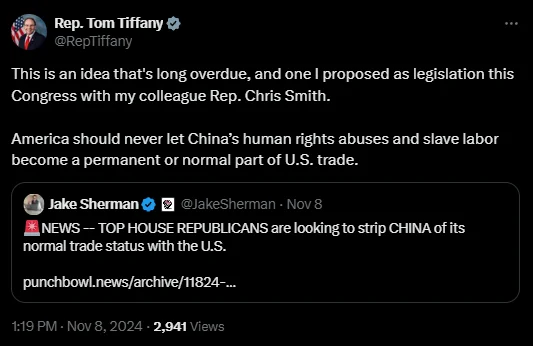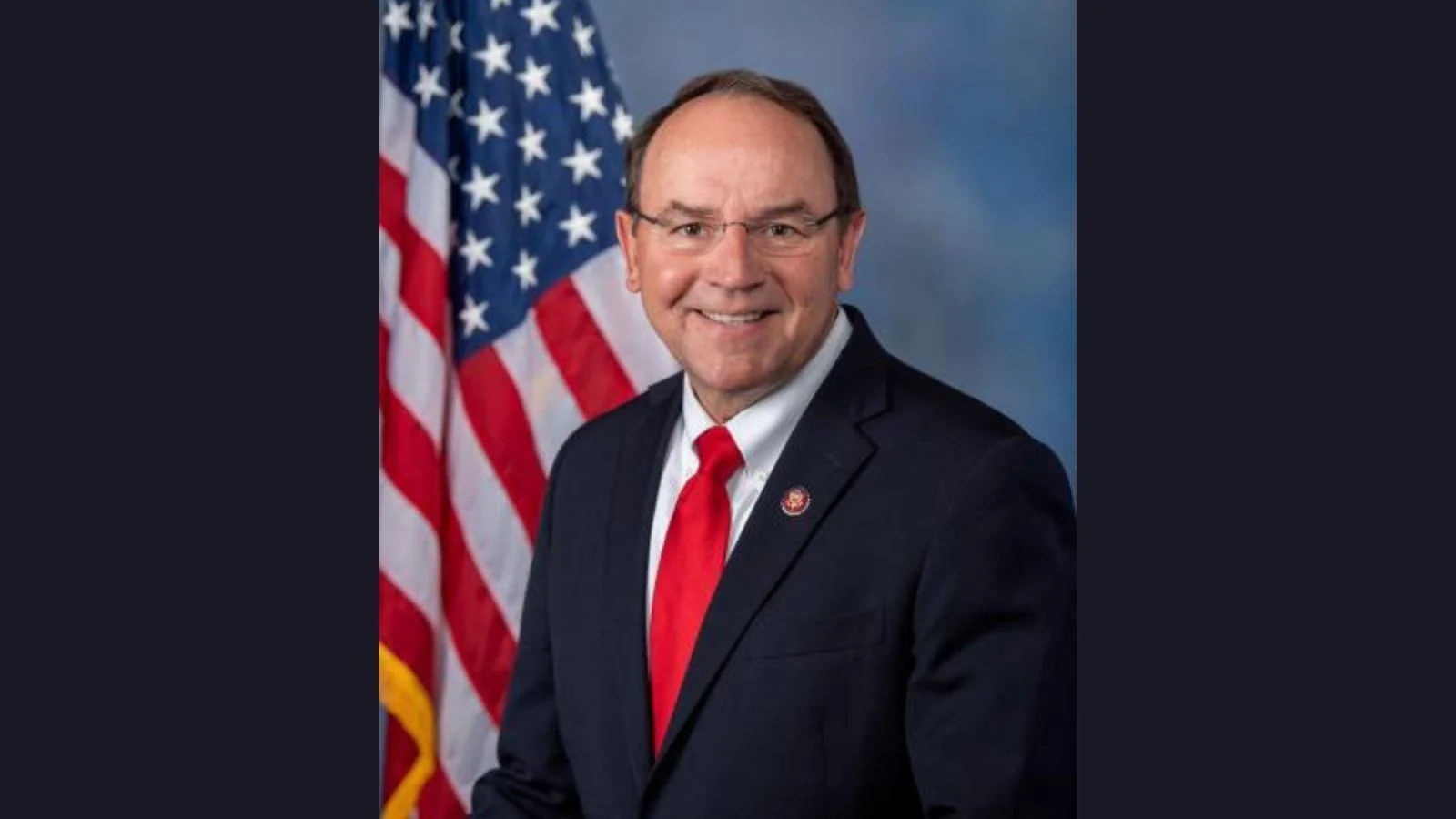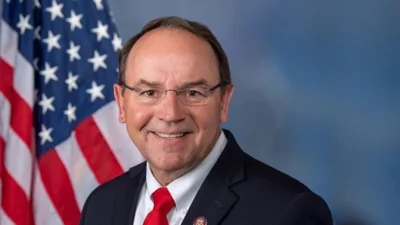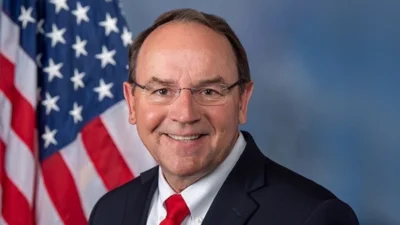Rep. Tom Tiffany | House.gov
Rep. Tom Tiffany | House.gov
Wisconsin State Representative Tom Tiffany has called for the United States to reject "China’s human rights abuses" and "slave labor" in trade relations. He announced that he has proposed legislation addressing these issues alongside Representative Chris Smith. Tiffany made this statement in a November 8 post on X.
"This is an idea that's long overdue, and one I proposed as legislation this Congress with my colleague Rep. Chris Smith," said Tiffany. "America should never let China's human rights abuses and slave labor become a permanent or normal part of U.S. trade."
According to Smith, who chairs the Congressional-Executive Commission on China (CECC), he has reintroduced legislation (HR 638) with Tiffany to revoke China’s permanent normal trade relations (PNTR) status. The proposed bill would require annual presidential certification of "serious and sustained" improvements in human rights by the Chinese Communist Party, thereby linking trade benefits with accountability for human rights practices.

Rep. Tiffany's post
| X
"America should never let genocide and slave labor become a ‘permanent’ or ‘normal’ part of U.S. trade," said Tiffany, a cosponsor of the HR 638 legislation, according to a press release by Smith. "It’s time we stopped overlooking widespread human rights abuses as just the ‘cost of doing business’ in Communist China and restored the annual congressional review of China’s ‘most favored nation’ trade status."
Fox News reports that House Republicans are advancing efforts to revoke China’s PNTR status, a move now more likely with GOP control of Congress and the White House.
Tiffany represents Wisconsin's 7th Congressional District and was elected in May 2020 during a special election. He grew up on a dairy farm near Elmwood, Wisconsin, and holds a degree in agricultural economics from the University of Wisconsin – River Falls. Before his tenure in Congress, Tiffany served in the Wisconsin State Assembly and State Senate, focusing on tax reduction, job creation, and Second Amendment rights protection.






 Alerts Sign-up
Alerts Sign-up